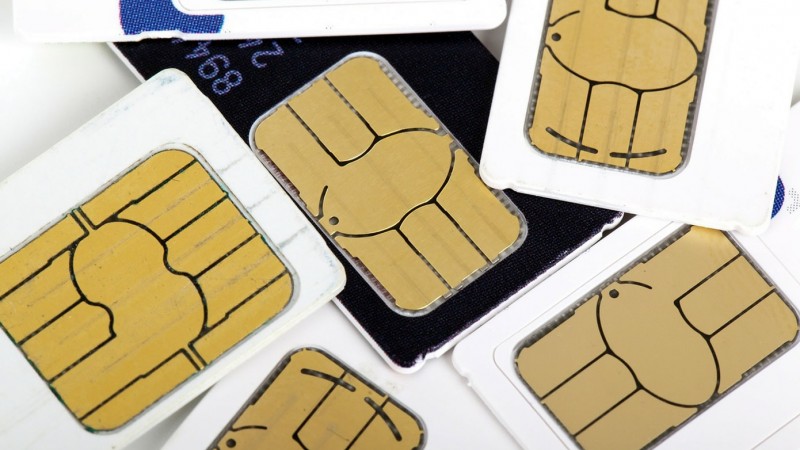Make Activity Tracker Tricksters Sweat It Out
- Detalles
- Escrito por Tracy Scott
- Categoría: Articles

Activity trackers aren't new. Exercise enthusiasts have been using them for decades. But the way scammers now use them to shimmy their way into the lives of unsuspecting consumers is cutting-edge.
Here's how you can help ensure their attempts malfunction every time.
Faux fitness cheerleaders join these apps searching for their next cash payday. They'll lure you with promises of zero-calorie donuts and emotional support as an accountability buddy.
Here's how you can help ensure their attempts malfunction every time.
(Katie finished the last of her protein shake when her phone chimed with a notification from her fitness activity app's community feed.)
Scammer: Hey! I noticed your progress. What are your fitness goals?
Katie: Thx! I'm training for a marathon.
Scammer: Impressive! Do you have a family supporting your goals?
Katie: Yes, I do.
Scammer: Cool – keep up the excellent work! BTW- My name is Jacob.
(The exchange continues, and as days pass, it becomes more personal.)
Scammer (Jacob): What do you do for work? Any hobbies?
Katie: I work in marketing, and I love painting. U?
Scammer (Jacob): I'm a single dad working overseas. I just want the best for my daughter. Money's tight.
(A few weeks and many conversations later.)
Scammer (Jacob): Thanks again for connecting via text instead of the app. So, can you help me out? Anything would be a blessing.
Katie: You've already asked me for money several times. I can't help.
Scammer (Jacob): You don't want to see your family hurt, do you?
How Fitness App Scams Work
Scammers hide in supportive communities where they can establish trust quickly. Targets often assume questions are from someone who wants to know more about them so they can offer encouragement on the path to achieving their fitness goals. But soon, the scammer shares emotional stories that always lead to a plea for financial help. When the target refuses, the scammer might threaten to harm someone they've mentioned in prior conversations.
How to Avoid a Fitness App Scam
While fitness tracker apps help connect you with like-minded individuals, they can also make it easier for scammers to find vulnerable targets. Keep your information safe by:
Refusing to share personal details with anyone you have not met in real life.
-
Using an avatar instead of your real photo. Scammers often select targets based on their profile image.
-
Deleting hyperlinks sent by someone you meet via the app. They might contain malware.
-
Ending conversations that ask for your email address or phone number. These attempts to communicate outside the app are often the next steps of a scam.
Fitness app scammers are more annoying than someone trying to ask you out during the last stretch of your walk/run routine. If you suspect a fitness app scam, report it to the community moderator and the Federal Trade Commission.

































